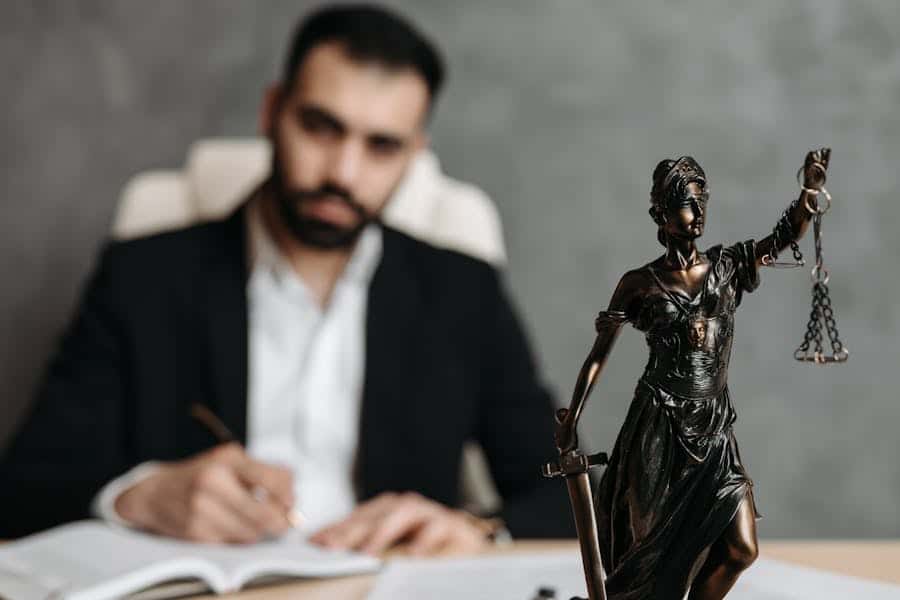Domestic violence can be an extremely painful event, regardless of whether it is the first time, and most times, people don’t know what to do when this happens, as they get confused about how to navigate these issues. When an individual is found guilty and about to be prosecuted, it often involves investigators, prosecutors, and judges to ensure victims’ rights are fought for.
This article will focus on understanding how the system works, the legal options available, and how communicating safely can protect individuals on all sides while preserving their rights and well-being.
Who Controls a Domestic Violence Prosecution?
A prosecutor is the main person who controls domestic violence prosecution, irrespective of whether the victim might be willing to forgive or drop the case. This is because domestic violence in most jurisdictions is considered to be a public safety issue.
When domestic violence cases are submitted to a prosecutor by the police, they often take full control of such cases because they believe it to be a pattern. This is why the criminal process can continue despite private reconciliation, forgiveness, or pressure in a bid to ensure the convicted persons are brought to justice. Before this major step begins to unfold, there are certain things a victim is advised to do to prioritize safety and control.
- Getting medical care: After contacting the police, the first thing anyone should do is seek emergency medical care from the first responders present on such occasions. Their job is to make sure you are in good condition and take medical records or an examination that would be useful for the prosecutor to decide on the penalty for anyone who is convicted.
- Preserving evidence: Doing this plays a major role in finding whoever is guilty, and this is done by keeping photos of injuries, screenshots of abusive messages, voicemails, torn clothing, damaged property, and the time of the incidents.
- Contacting the victim’s advocate or attorney: If the domestic violence involves a minor, it is always best for any guardian or nearby neighbour to contact an advocate. Many police departments, prosecutors’ offices, and local nonprofits provide free victim-witness advocates who explain the process, accompany victims to interviews, and help with protective orders. They also help clarify issues for victims who may be curious about how to drop domestic violence charges, explaining to them how the system works and the key clauses involved in such a process.
- Getting restraining orders: For extremely violent cases, the prosecutor might give a restraining order to the alleged abuser’s contact and provide immediate legal protection, which is considered to be different from criminal charges. Although this might be after the attorney or advocate has advised the victims about changing locks, shelter options, and minimizing digital tracking.
- Involving witnesses: You are also permitted to testify as a witness whenever needed, as a means to express your wishes to the prosecutor, request updates, and be informed about plea offers.
Endnote
It is important to note that the criminal justice system is driven by law and public safety, not private preference. So victims should always expect prosecutors to evaluate the case with those priorities in mind, and they should never try to interfere during any of the listed processes if an attorney is not present.


